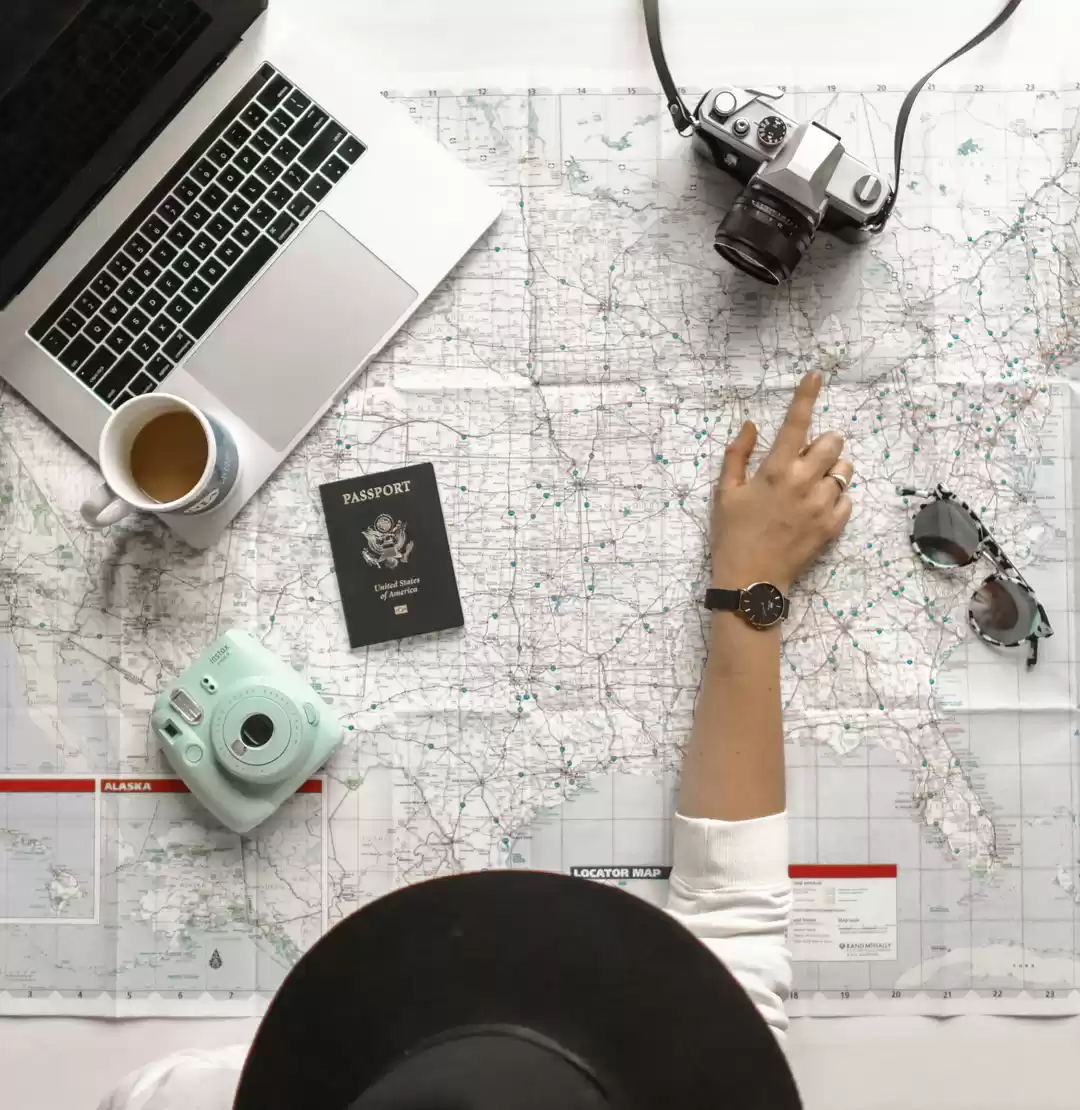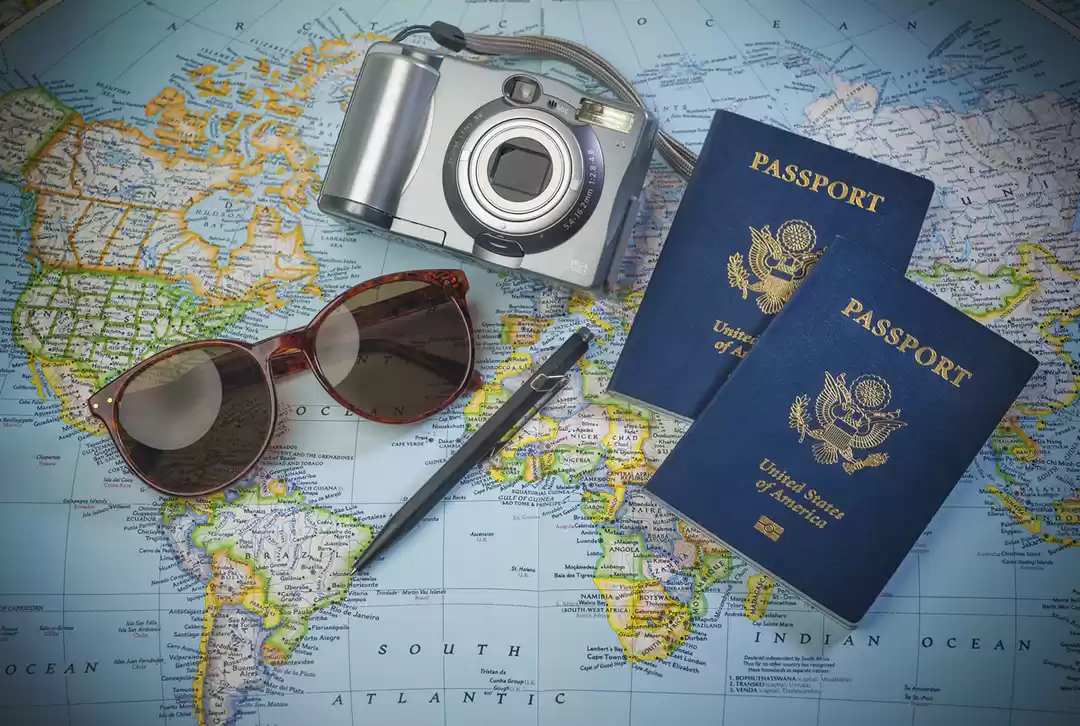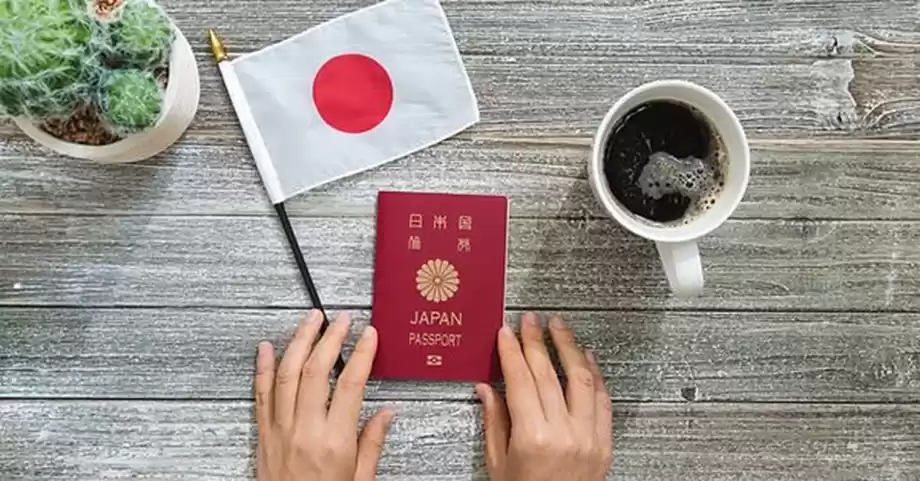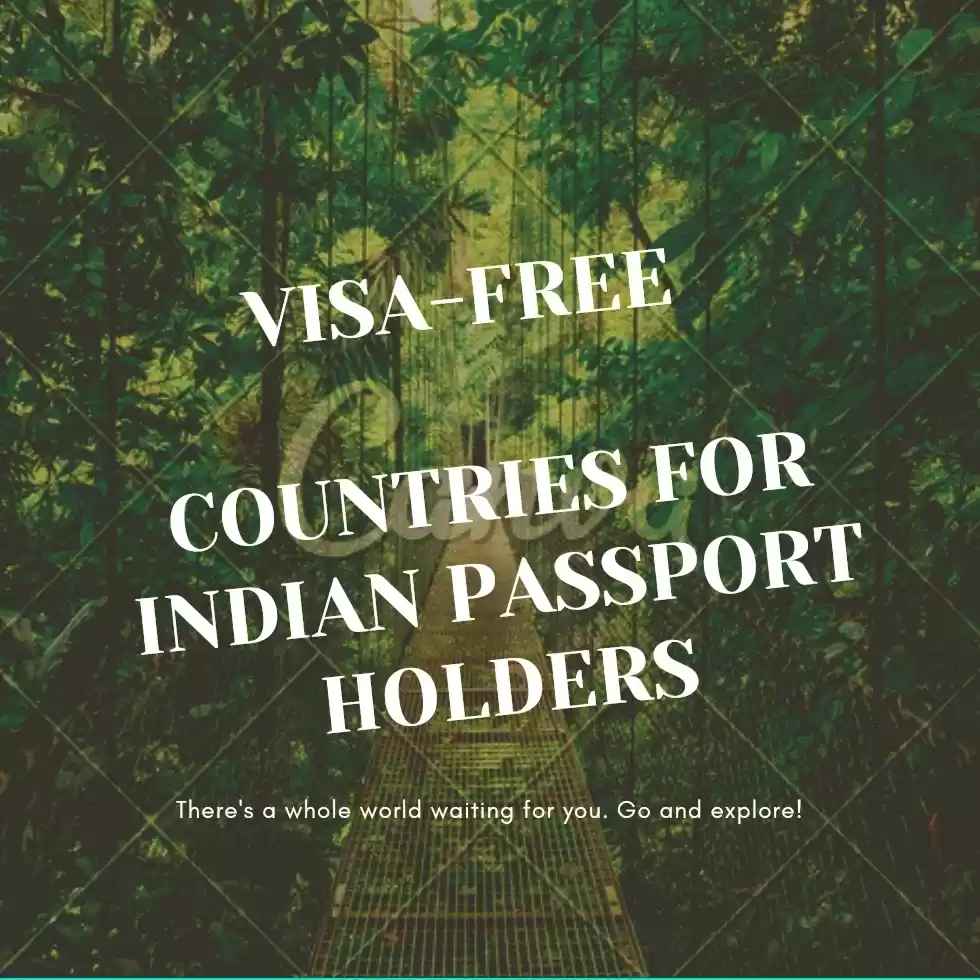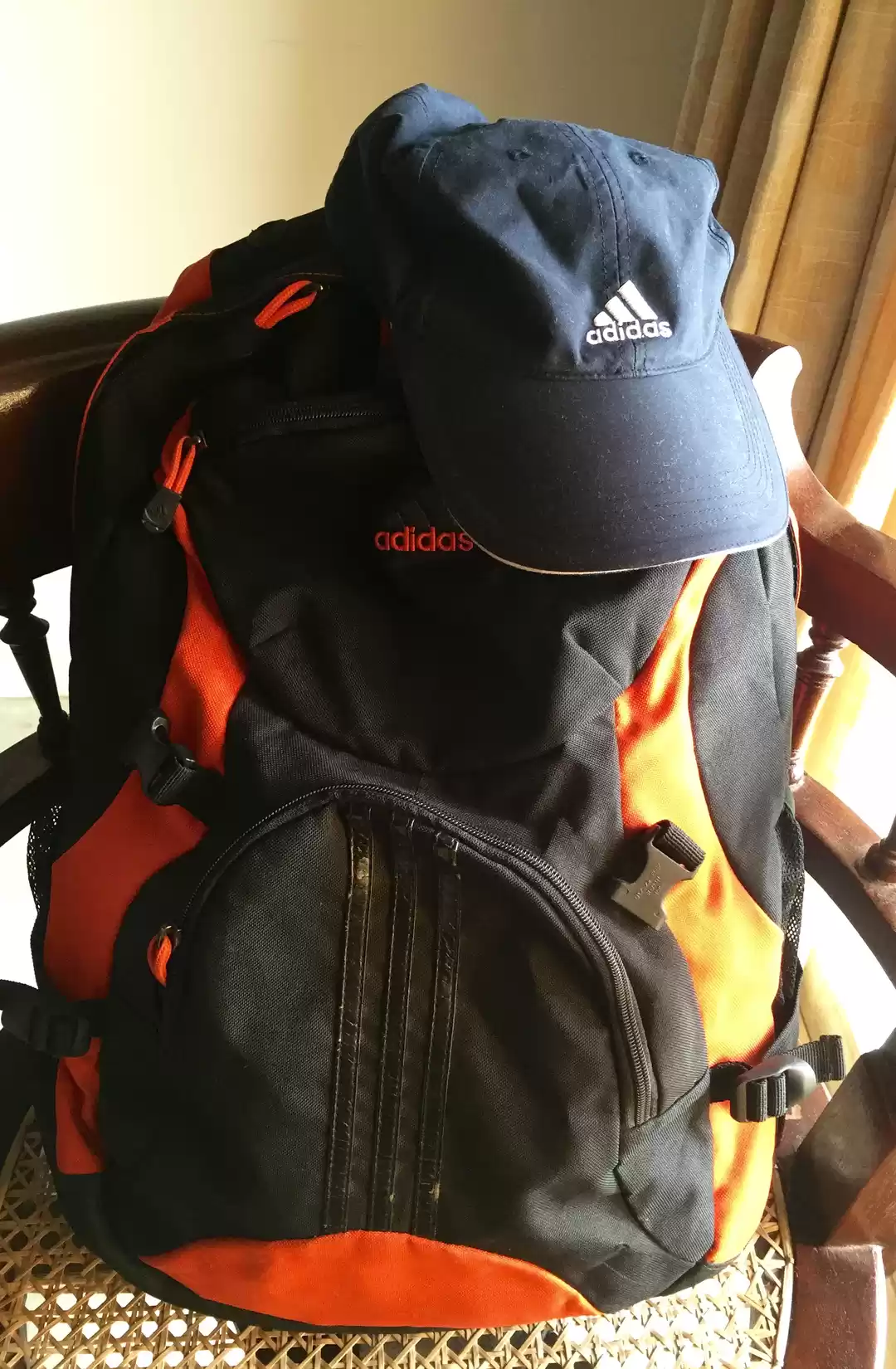Bottom line: Your travel health insurance almost never covers emergency contraception (the morning-after pill).
If you must, dig into the fine print of your policy document to confirm this. You might have invested in the Cadillac of travel health insurances, but if your contraceptive measures fail while you are in a foreign country, you are well on your own.
First things first. If you are reading this in post-coital panic, it's important to relax because you need to properly explore your options to make some very important decisions. So, take a deep breath and calm down.

Access to emergency contraceptive pills (ECP) can vary depending on the country you are in, especially if you are on a tourist visa. In some countries it could be as easy as walking into a pharmacy, but in many cases you might have to get a doctor's prescription, which can often be very expensive. In some countries, ECPs are banned/illegal or extremely inaccessible to travellers.
Take my advice and don't waste precious time and roaming minutes on a frantic call with your insurance provider. I don’t mean to alarm you, but if you need the morning-after pill in a foreign country, you are practically uninsured. This doesn’t necessarily mean you are in trouble, but research is key. Here’s everything you need to know to deal with the situation.
Note: If you are in a serious hurry, which is completely understandable, press command/Ctrl +F (search for your country within the article) to quickly find if you have quick access to emergency contraception or not.
Types of Contraceptives
Worldwide, there are two broad categories of ECPs: Progestin-only (levonorgestrel) pills, and Antiprogestin (ulipristal acetate or mifepristone) pills. Progestin-only pills are effective against pregnancy if taken within 72 hours of unprotected sex. Antiprogestin pills are an option for up to 120 hours, but their availability is extremely selective. Not all pharmacies chose to stock both pills, even when they legally can. Check here for country-wise availability of all types and brands of ECPs.
Click here to read more about morning-after pills.
If neither of the two are available, a double-dose of a combined oral contraceptive pills (COCP) can sometimes be an option, so check with a doctor. Some kind of oral contraceptives is usually available in all countries around the world (barring a few exceptions in Africa, where availability might be scarce). It might be worth enquiring at your nearest pharmacist about what kinds of birth control they stock. In most countries, you will need to have a doctor's prescription to buy oral contraceptives.
Access categorisation: I have categorised access to the morning-after pill into three levels: Easy, acceptable and none. If you’ve had unprotected sex within the last few hours while in a foreign country, this categorisation is intended to help you decide whether you should seek emergency contraceptive pills (Easy/Acceptable) or make your way to a country that does.
Easy Access: Available without a doctor's prescription

In many countries, ECPs are readily sold in pharmacies. Some sell the pills over-the-counter (off-the-shelf), while others after a quick consultation with the pharmacist.
Here's the complete list of countries where you can buy ECPs directly from pharmacies, without a doctor's prescription.
Easy Access Countries in Asia: Bangladesh, India, Laos, Uzbekistan, Armenia, Azerbaijan, Israel, Iran, Malaysia, Nepal, Sri Lanka, Tajikistan, Thailand, Vietnam, Pakistan, China.
Easy Access Countries in Africa: Estonia, South Africa, Burkina Faso, Cameroon, Chad, Djibouti, Ethiopia, Gabon, Mali, Mauritania, Mauritius, Ivory Coast, Ghana, Kenya, Mozambique, Madagascar, Tunisia, Malawi, Benin, Niger, Nigeria, Congo.
Easy Access Countries in Americas and the Carribean: Canada, United States of America, Dominican Republic, El Salvador, Guyana, Jamaica, Mexico, Suriname, Uruguay, Venezuela, Chile.
Easy Access Countries in Europe: Bulgaria, Czech Republic, Denmark, France, Netherlands, Norway, Portugal, Romania, Slovakia, Sweden, Austria, Belarus, Belgium, Bulgaria, Croatia, Cyprus, Czech Republic, Denmark, Finland, Georgia, Germany, Iceland, Ireland, Italy, Montenegro, Netherlands, Guinea-Conakry, Kosovo, Latvia, Lithuania, Luxembourg, Poland, Portugal, Romania, Serbia, Slovakia, Slovenia, Spain, Sweden, Switzerland, Republic of (Brazzaville), United Kingdom, Moldova, Greece*.
*legally requires prescription, but informally available in many pharmacies.
Other Easy Access Countries: Australia, New Zealand
Costs: When available without a doctor's prescription, the average cost can range from under a dollar to up to $45. Norway, Ireland, US and UK are the most expensive countries in the world for emergency contraceptive care for the uninsured.
Free ECPs: In countries, especially those under the single-payer healthcare system, you can even obtain emergency contraceptives for free from public hospitals, sexual health clinics and charities. If affordability is an issue, check if there's one nearby online or call the local emergency number (see full list).
Acceptable Access: Available with a doctor's prescription

Needing a doctor's prescription makes the situation a bit more complicated in some countries. Getting an appointment with a doctor can be cumbersome, with waiting lists and in some cases, visa-related paperwork. The biggest headache however, is the costs that this can incur. In many countries, such as Singapore and Japan, you could end up spending hundreds of dollars for a prescription. However, it is good to know that in case of an emergency, you do have an option. If you are on a tight budget (who isn’t) and travelling to the following countries, my advice is to pack some ECPs with you for the trip, just in case.
Around 61 countries in the world require you to get a doctor’s prescription to access emergency contraceptive care. Here’s the full list.
Acceptable Access Countries in Asia: Cambodia, Hong Kong, Indonesia, Japan, Kazakhstan, Kuwait, Kyrgyzstan, Lebanon, Macao, Mongolia, Myanmar (Burma), Saudi Arabia, Singapore, South Korea, Taiwan, Yemen, Turkmenistan.
Acceptable Access Countries in Europe: Albania, Hungary, Liechtenstein, Bosnia and Herzegovina, Ukraine, Russia, Turkey, Greece*.
*legally requires prescription, but informally available in many pharmacies.
Acceptable Access Countries in Americas and the Carribean: Colombia, Antigua, Cuba, Argentina, Dominica, Ecuador, Guatemala, Bahamas, Barbados, Belize, Bolivia, Brazil, Nicaragua, Panama, Paraguay, Peru, Saint Lucia, Grenada, Trinidad & Tobago.
Acceptable Access Countries in Africa: Algeria, Congo, Democratic Republic (Kinshasa), Egypt, Lesotho, Liberia, Morocco, Botswana, Namibia, Rwanda, Senegal, Sierra Leone, Swaziland, Tanzania, Uganda, Zambia, Zimbabwe, Togo.
Countries with no legal access

If you are in a country where ECPs are not legally or officially available, you have three options:
1. Leave the country (recommended) 2. Hunt for underground ECP access (not recommended) 3. Or get an IUD fitted by a doctor, because when compared to ECPs, access to IUDs can sometimes be less restricted. If you get one fitted within 5 days of intercourse, IUDs are effective against pregnancy. This is an option in all countries with either an Easy or an Acceptable level of access (see above).
There are 47 countries where access to ECP cannot be guaranteed
Asia: Afghanistan, Bahrain, Bhutan, Brunei, East Timor, Iraq, Jordan, Libya, Maldives, North Korea, Oman, Papua New Guinea, Philippines, Qatar, Syria, United Arab Emirates, West Bank and Gaza
Africa: Angola, Burundi, Cape Verde, Comoros, Equatorial Guinea, Eritrea, Gambia, Guinea-Bissau, Sao Tome, Seychelles, Somalia, South Sudan, Sudan, Western Sahara
Americas and the Carribean: Costa Rica, Haiti, Honduras, Saint Kitts, Saint Vincent and the Grenadines
Europe: Macedonia, Malta, Monaco, Andorra,
Oceania: Micronesia, Samoa, Solomon Islands, Tonga, Tuvalu, Vanuatu
When all else fails

Travel health insurance will almost never cover abortions. The only exceptions are in cases of life-threatening pregnancies.
In most countries around the world, the only legal grounds for terminating a pregnancy are: foetal impairment, rape, incest, a serious risk to the woman’s health or to save the woman’s life.
Abortion is illegal or heavily restricted in the following 66 countries/states:
Africa: Zimbabwe, Tonga, Togo, Sudan, South Sudan, Mali, Lesotho, Egypt, Djibouti, Côte d’Ivoire, Chad, Angola, Madagascar, Central African Republic, Libya, Guinea-Bissau, Malawi, Republic of the Congo, Mauritania, Mauritius, Democratic Republic of the Congo, Niger
Americas and the Carribean: Paraguay, Panama, Guatemala, El Salvador, Dominican Republic, Chile, Brazil, Argentina, Antigua and Barbuda, Nicaragua, Dominica, Honduras, Suriname, Haiti, Venezuela
Oceania and Micronesia: Federated States of Micronesia, Solomon Islands, Marshall Islands, Tuvalu, Kiribati
Europe: Monaco, Malta, Ireland, Holy See, Andorra, San Marino (Italy)
Asia: Papua New Guinea, Oman, Maldives, Laos, Iraq, Indonesia, Brunei Darussalam, Afghanistan, Bangladesh, East Timor, Lebanon, Palestine, Iran, Myanmar, Syria, Sri Lanka, Philippines, Yemen.
The cost of an abortion varies greatly from country to country, from under a hundred dollars to thousands. It can often be cheaper to fly to a cheaper country in such situations.
Advice: Take some along
There are several situations in which a woman needs emergency contraceptive care. Unprotected sex, inadvertent birth control failure, dislodged IUDs or defective condoms (one in every 10,000 condoms will fail, it says so on the packaging).
I highly recommend travelling with a supply of ECPs, whether or not you are already on birth control. You might forget to take your pills, and then forget that you forgot. Your birth control patch or implant might get inadvertently dislodged. Shit happens so it doesn’t hurt to be prepared, just in case you are in the wrong country when it does.
Laws about ECP availability are often changing. If you have an update about the same, or if you’d like to point out any corrections in the information, please send me a direct message or write to me in the comment section below.















